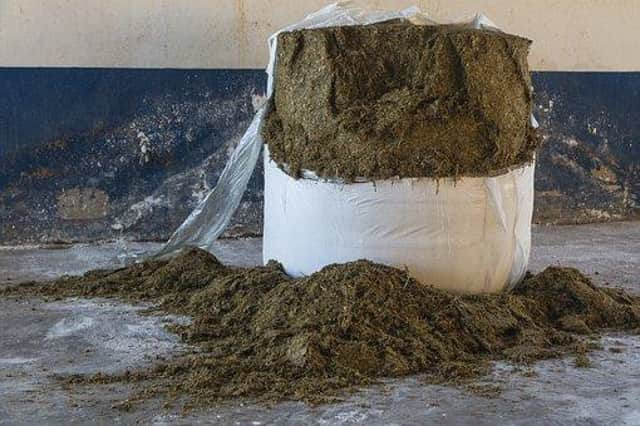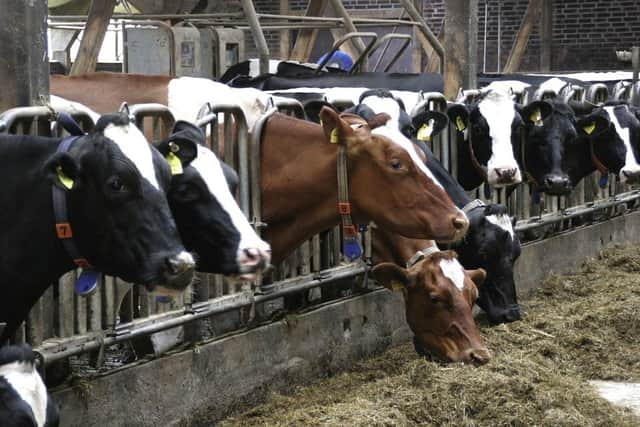Why it's time to talk about poop - a vegan's guide to fertiliser


Animal poop that is, not human poop.
For centuries humans have used animal poop, better known as manure or fertiliser to help them grow crops.
It’s all part of using every resource available to grow better crops and to help replenish the soil in which they grow.


Advertisement
Hide AdAdvertisement
Hide AdThe majority of crops sold in shops will have used manure from animals in farms.
Given the vast majority of animals bred and raised in UK farms are in intensive farming, then it doesn’t take much imagination to understand that even in crop production there are issues around the treatment of animals and their by-products.
The three main gases which contribute to climate change are carbon dioxide, methane and nitrous oxide.
The majority of commercial fertilisers consist of nitrogen and methane (natural gas) as well as phosphorous and potassium.
Advertisement
Hide AdAdvertisement
Hide AdSo very quickly you can see how the commercial fertiliser use contributes directly to climate change. And we all know that every reputable scientist is screaming at us to change our ways to slow down climate change.
So what are the alternatives? At the moment the agricultural system is set up around this planet-damaging method of fertilising crops.
However, there are a growing number of both organic and veganic farmers.
According to the Royal Horticultural Society the main types of organic fertilisers in use are “seaweed, hoof and horn, dried blood, fish blood and bone, bonemeal, poultry manure pellets and comfrey or nettle feeds”.
Advertisement
Hide AdAdvertisement
Hide AdA vegan gardener or farmer would not use animal by-products as fertiliser.
There are already plenty fertiliser options commercially available to both small scale gardeners like myself or larger crop producers. If you pop into one of the larger stores across the borough you will see bottles of fertiliser with the vegan symbol on them.
So what does ‘veganic’ mean and what do veganic crop producers use? ‘Veganic’ is obviously a combination of ‘organic’ and ‘vegan’.
Veganic fertiliser comes in many forms, but mostly consist of maize (corn), alfalfa, kelp (seaweed), clovers among other things.
Advertisement
Hide AdAdvertisement
Hide AdThey do not damage the soil, do not contribute to animal suffering and reduce considerably greenhouse gas emissions.
Of course, crops produced in this way, as with organic farming or anything produced on a smaller scale, are currently more expensive.
But the greater demand there is for more natural products which don’t hurt animals or the environment, then the more likely the price should reduce as operations will be able to scale up.
However, there is an anomaly with this.
During a panel session with a farmer who transitioned from animal farming to veganic farming, he told us that some stores are still giving them the same low ‘gate’ price for their veganic or organic produce as those produced in the larger commercial way.
Advertisement
Hide AdAdvertisement
Hide AdThis means these farmers whose overheads are currently greater, are actually receiving less money for their produce.
The reason? Stores believe that shoppers expect to pay more for organic produce. It just doesn’t seem fair does it?